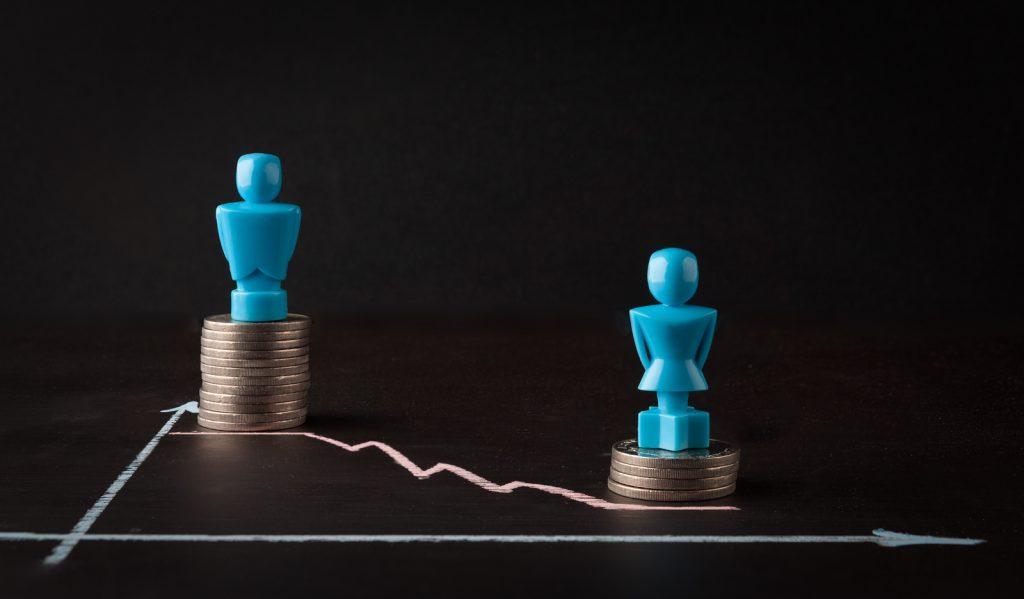A new report has forecast that it could take 170 years to close the pay disparity and employment opportunities between men and women. The report comes from the World Economic Forum who, only last year predicted that it would take 118 years.
Now in its 11th year, this report aims to measure the discrepancies between men and women over four key areas, health, education, economy and politics.
The report found that economic disparity between the sexes was rising while the gap was closing in other areas, like education. It found that the gender gap had actually widened in the past four years in terms of income and employment. The gap is now at similar levels as those seen during the financial crisis of 2008.
Over the past 11 years the gender pay gap has only closed by 4%. “More than a decade of data has revealed that progress is still too slow for realising the full potential of one half of humanity within our lifetimes,” says the report.
The authors of the report hope that it “will serve as a call to action for governments to accelerate gender equality through bolder policymaking, to business to prioritise gender equality as a critical talent and moral imperative, and to all of us to become deeply conscious of the choices we make every day that impact gender equality globally”.
Why the gap?
The economic gap is thought to be caused by several different factors like women simply being paid less, working longer and having less chance of getting to senior roles at work.
One of the authors of the study, Saadia Zahidi blamed economic growth for keeping women away from the workforce. Though progress has been made, “we’re now hitting a bit of a wall” when it comes to changes in policy that might help women in the workplace. Jobs that have high levels of female employment, including sales and admin are now being affected by a growth in automation.
The UK and Brexit effects
The UK’s ranking was created before the Brexit vote and Theresa May’s appointment as prime minister. They are affected by a change in the way that income is measured which includes a lift to the cap on estimated income from $40,000 to $75,000. This means that the UK fell down in economic parity ranks by 10 places.
Overall, the report claimed that the gender gap could be closed in 83 across the 107 countries that have been included since 2006. It said that the education gap could be closed within 10 years, while inequality in politics (the biggest gap) would end in 82 years.
This year 144 countries were included and at the top came Iceland, Finland, Norway and Sweden. The UK has risen to 20th place, from 18th overall which comes at well below its top 10 position in 2006.
Find more help and support for your London-based business in our information centre.




Leave a Reply